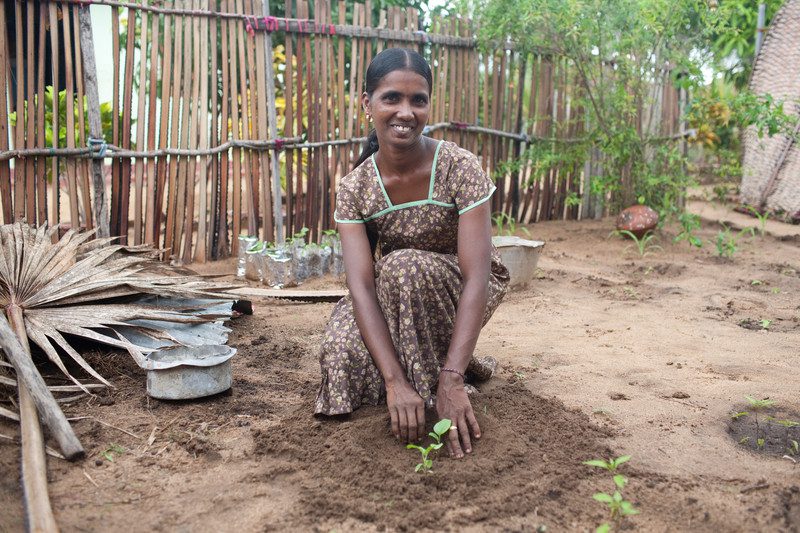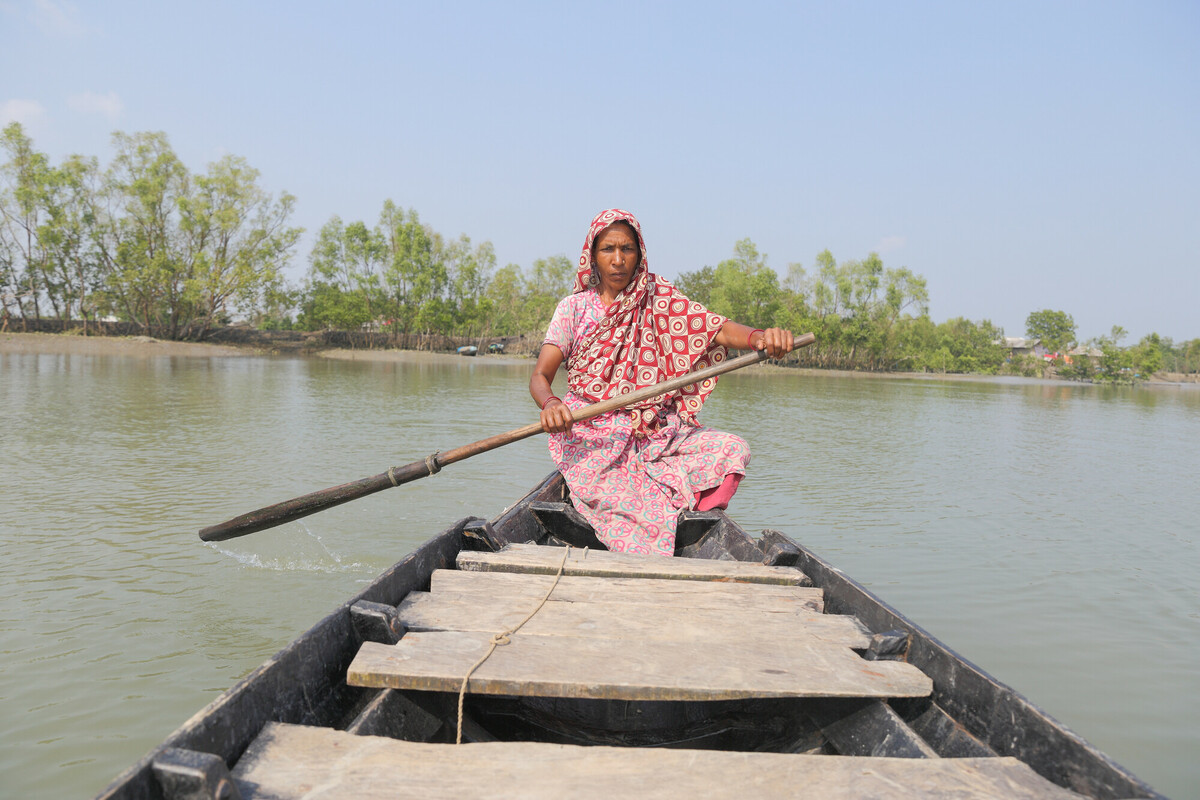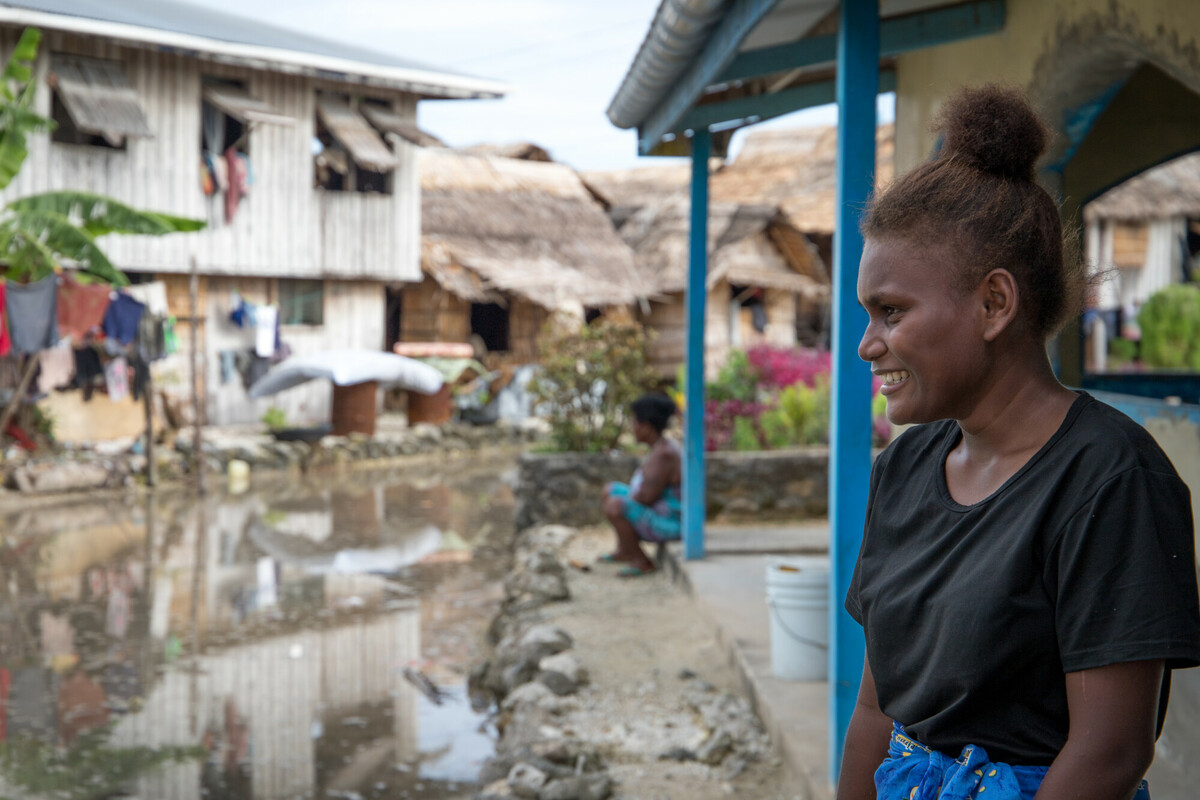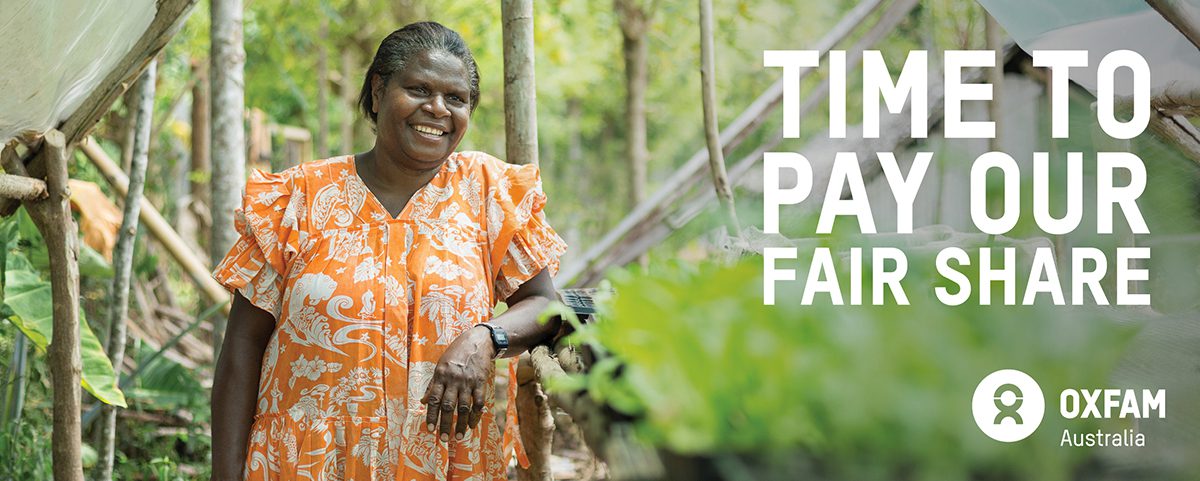After surviving the tsunami and rebuilding her life with the help of Oxfam partner KPNDU’s home gardening program (see part one of her interview for details), Indrani is going from strength to strength. She’s now breeding chickens and selling their eggs, and takes pride in her role as her family’s primary breadwinner. When it comes to stopping hunger and starting to grow, Indrani knows what she’s talking about.
Read on for the second instalment of her interview with Oxfam’s Marion Reid.
Can you tell us about your chickens?
When my fellow villagers were raising chickens, we did not have the means. So now, after selling drumsticks (moringa – a type of vegetable), I saved the money and went to the market to get a rooster and one hen. Now I have around nine chickens.
Do you make extra income from your chickens?
I would say it’s still in the beginning stage. I am just gradually increasing the chickens.
I started my chicken raising with two chickens. After bringing them home, they laid four eggs. They hatched two chicks. The chicks died. Still I didn’t lose hope. I continued raising the chickens and now I have nine. I didn’t sell the eggs or use them for cooking. I used them for hatching.
I sell eggs now. It is rainy season so they cannot be used for hatching.
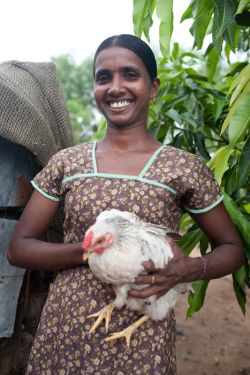
How much money do you make each month from selling eggs and vegetables?
During the drumstick season, and with the eggs, I can make around 4,000 rupees (AUD $75) a month. But if I sell only eggs I make only 500 rupees (AUD $9). I plan to use the money I earn to buy more chickens. I can’t extend my garden because I cannot congest the plants because they need sunlight to grow. So I would invest the money on more chickens.
Where does your water come from?
I have a well in front of my house that was built by KPNDU … I helped in digging the well …With the money I got from selling the drumsticks, I [invested] in the construction.
Before the well, where did you get your water from?
I got it from the neighbour’s premises.
How have you been sharing the knowledge about home gardens with other people in the community?
There are members in the organisation (KPNDU) who are poor like me. But there are others who are not members, and who are not interested in joining. But I tell them, “Look at me! I was clueless about home gardening. But as a result of the training now I am earning a living.”
I don’t have brothers or a father to help me. I am the breadwinner of the family because of this home gardening. I’ve learned about gender equality, child abuse and lots of other things because of this organisation. So I make awareness among them (others in the village) about this program and home gardening.
Some people … do nothing after the training. But I come home and go out in search of plants, manure, fertiliser and do my work. And they say, “Hey, only in your home, only in your backyard crops grow well.” But I say “No. There is nothing in the ground. You try it; you use the techniques and training they gave you. You can make use of it.”
What are your hopes for the future?
My hope is to improve my living conditions by getting more chickens, and by growing more crops.
How has your confidence increased since working with this program?
Now I am confident that wherever I go, if I have land, I can engage myself in gardening and earn a living.
Next week: Sundaradevi’s story
Donate now to help poor women in Sri Lanka stop hunger
